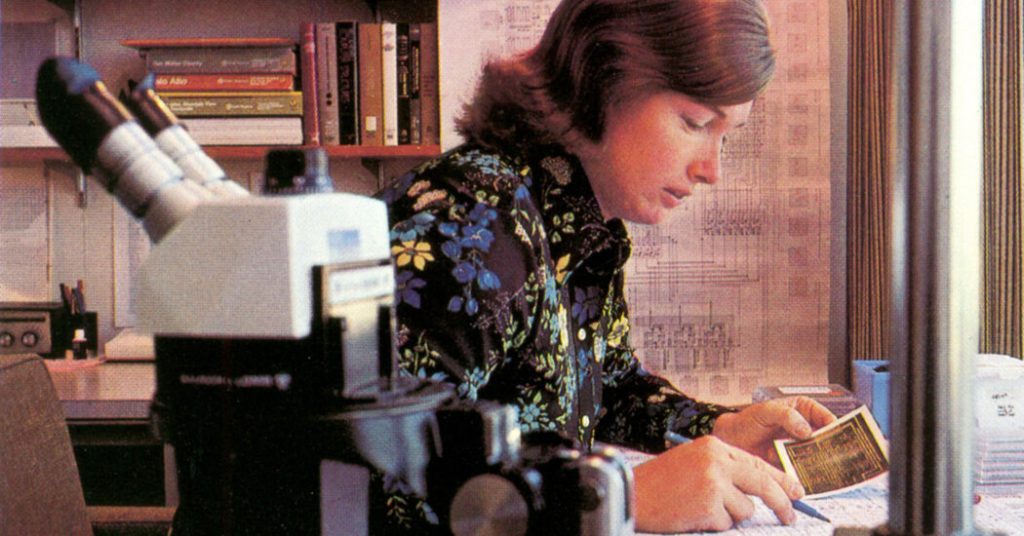Remembering Lynn Conway: A Trailblazer in Computer Science and Transgender Advocacy
The Early Struggles and Triumphs of Lynn Conway
Lynn Conway, a revered figure in the history of computer science and transgender rights, faced significant adversity in her early career. In the 1960s, her journey took a turn when she was dismissed from IBM upon disclosing her transgender identity to her managers, despite her groundbreaking contributions to the field. This adversity did not halt her progress; Conway continued to innovate, making crucial advancements that have shaped the technology we rely on today. Sadly, Mrs. Conway passed away on June 9 in Jackson, Michigan, at the age of 86, following complications from two heart attacks.
A New Beginning: From IBM to Xerox PARC
Following her departure from IBM in 1968, Lynn Conway was among the earliest Americans to undergo gender transition surgery. Fearing repercussions, she lived quietly for over three decades, rebuilding her career from the ground up. Her talents eventually led her to Xerox’s Palo Alto Research Center (Xerox PARC), where her work, alongside Carver Mead, revolutionized the way computer chips were designed through the development of very large-scale integration (VLSI). This process was instrumental in the miniaturization and increased power of computing devices, affecting everything from personal computers to national defense systems.
Public Recognition and Advocacy
Lynn Conway’s contributions were officially recognized when she received the Computer Pioneer Award from the Institute of Electrical and Electronics Engineers in 2009. Her courage to publicly disclose her transgender identity in 1999 marked the beginning of her role as a prominent advocate for transgender rights. Conway’s advocacy efforts were acknowledged by IBM with a formal apology in 2020, highlighting the company’s regret over her past treatment. This significant moment underscored the changing attitudes toward transgender individuals in the workplace and society.
The Legacy of Lynn Conway
Born into a world that did not understand her, Lynn Conway’s journey from a troubled youth to a pioneering engineer and transgender advocate is a testament to her resilience and ingenuity. Her professional achievements paved the way for significant technological advancements, while her personal story offers hope and inspiration to countless individuals facing similar struggles. With her passing, the world lost a brilliant mind and a compassionate heart, but her legacy endures through her contributions to computer science and her impactful advocacy for transgender rights.
FAQ: Remembering Lynn Conway
- Q: What were Lynn Conway’s most significant contributions to technology?
- A: Lynn Conway’s most notable technological contributions include her work on dynamic instruction scheduling at IBM and the development of very large scale integration (VLSI) design at Xerox PARC, both of which have had profound impacts on the field of computer science and the development of modern computing devices.
- Q: How did Lynn Conway impact the transgender community?
- A: After publicly disclosing her transgender identity in 1999, Lynn Conway became a vocal advocate for transgender rights and acceptance. She actively supported those undergoing gender transition, shared valuable resources, and campaigned against the pathologization of transgender individuals, thus playing a crucial role in advancing transgender visibility and rights.
- Q: Did Lynn Conway receive any official apologies for the challenges she faced?
- A: Yes, in 2020, IBM issued a formal apology to Lynn Conway for her dismissal in the 1960s due to her transgender identity. This apology, delivered during a virtual ceremony watched by 1,200 employees, represented a moment of recognition and remorse for the injustices she endured.
- Q: What legacy does Lynn Conway leave behind?
- A: Lynn Conway leaves behind a legacy of pioneering achievements in computer science, particularly in the field of chip design, and a profoundly positive impact on the transgender community through her advocacy and support. Her life’s work continues to inspire future generations in technology and beyond.
